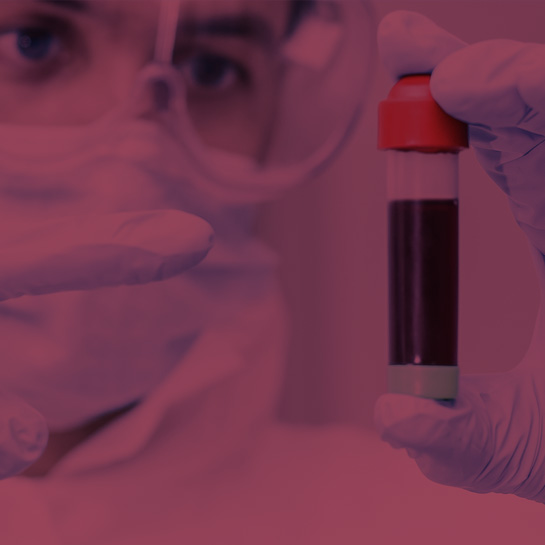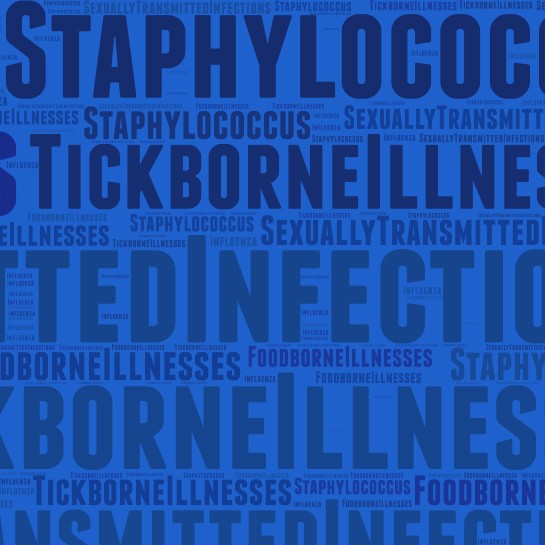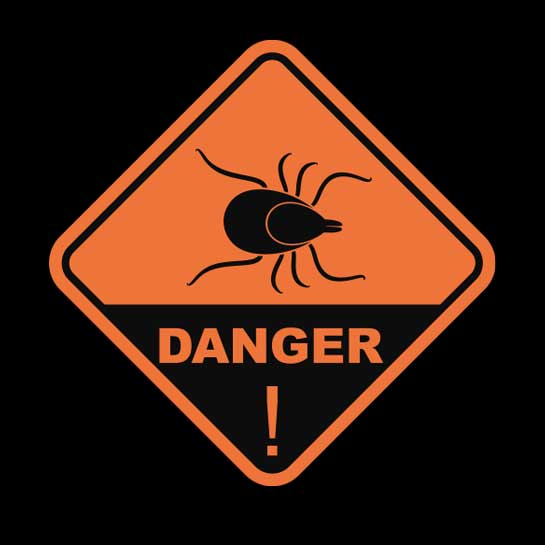Babesiosis
Treatment
Babesiosis Treatment
Babesiosis is an infection of red blood cells, spreading through parasites carried by black-legged ticks (also known as deer ticks). Many people have babesiosis without experiencing any symptoms, but for others, the disease can pose a serious, but treatable, health risk. If you experience symptoms, seek treatment from your nearest ID Care provider in New Jersey.

Treatment options using the least amount of antibiotics with the safest, most effective results.
What Are The Signs And Symptoms Of Babesiosis?
Though many people infected with Babesia remain completely healthy, others experience flu-like symptoms such as fever, chills, sweats, headache, body aches, loss of appetite, nausea, and fatigue. In the elderly and people with weakened immune systems, babesiosis can become life-threatening. More severe symptoms include low, unstable blood pressure, anemia, low platelet count, blood clots, bleeding, and malfunction of vital organs.
How Does ID Care Diagnose Babesiosis?
If you’re experiencing symptoms similar to the above, our specialists will take blood samples to determine your specific diagnosis. Your care team can then look for evidence of Babesia parasites in your blood cells and run other, specialized laboratory tests to confirm you have babesiosis.
How Does ID Care Treat Babesiosis?
We individualize treatment decisions to fit your particular response to babesiosis. Asymptomatic people usually do not require treatment and will continue to be healthy without it. For patients with symptoms, we may recommend a combination of several medications, such as atovaquone and azithromycin or clindamycin and quinine. Treatment with oral medicines like these typically lasts a week to 10 days.
For those with severe symptoms, treatment options may also include antipyretics, vasopressors, blood and exchange transfusions, mechanical ventilation, or dialysis.
How Can I Prevent Babesiosis?
Cover up with long, permethrin-treated clothing before you go outside. Tuck your pants into your socks and protect your upper body by wearing a hat, gloves, and a long-sleeved shirt. Using an insect repellent with a high concentration of DEET can also help deter ticks.
Avoid wooded and grassy areas where you’re likely to encounter ticks, especially dense brush and long grass, and stay on hiking paths when possible.
After coming inside, check yourself and your clothing, pets, and children for ticks. Showering can help rinse away unattached ticks, but you’ll need to use tweezers to remove any ticks that are already latched to your skin. Grab the head as close to your skin as possible, and pull slowly and carefully until free. Flush removed ticks down the toilet or place them in alcohol—do not squeeze or crush ticks. If you’ve been bitten, apply antiseptic to the area.
Find Expert Care
If you have symptoms or a babesiosis diagnosis, find your nearest New Jersey ID Care provider. Our specialists can help you get from diagnosis to recovery, providing individualized care tailored to you. For more information, call us at 908-281-0221 or contact us online.




